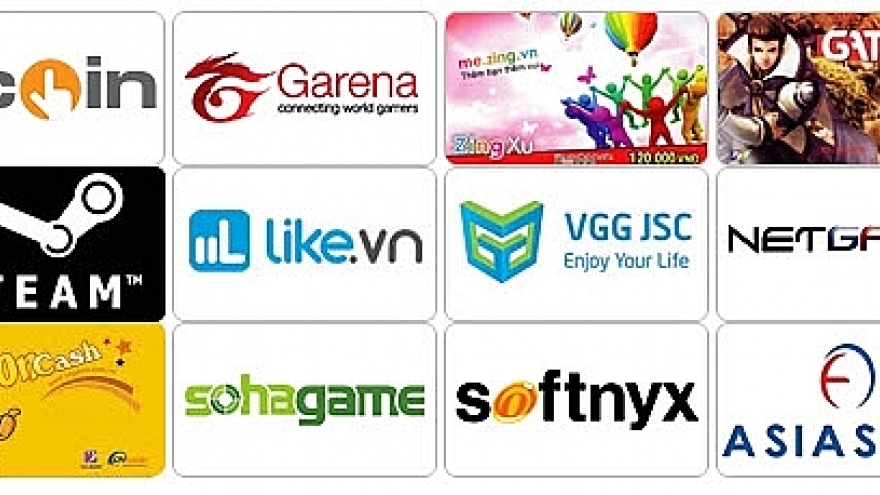Vietnamese consumers using less cash, more cards: study
Vietnamese consumers are carrying less cash as they use credit and debit cards more frequently, a new study says.
 |
|
Vietnamese consumers use card and mobile payments two or three times a week. Photo by Shutterstock/Pressmaster
|
It also found 73 percent of respondents using credit and debit cards last year, up 59 percent from 2017, while 82 percent have tried making transactions on mobile phones.
The 2018 Visa Consumer Payment Attitudes Study says the use of new payment technologies is picking up traction, with 44 percent of the respondents indicating that they are now making payments with mobile phone apps, while 32 percent are using "contactless" payment technologies that allows users to simply tap their card on the terminal to pay.
Nineteen percent have used QR payments, where a customer uses the phone to scan a unique merchant code that will transact money to the merchant’s account.
The total value of purchases made by Vietnamese consumers on their Visa credit and debit cards last year was up 37 percent, while the number of transactions was up by 25 percent, Visa said.
E-commerce in particular saw strong growth, with the total value of purchases up 40 percent, it added.
Dang Tuyet Dung, country manager for Visa Vietnam and Laos said: "These recent figures from our network demonstrate clearly the fact that digital payments are now truly a part of day-to-day life for many Vietnamese consumers."
"While digital payments are still in their relative youth in Vietnam, it’s been incredibly positive to see how consumers are embracing new payment technologies."
The Visa Consumer Payment Attitudes Study 2018 was conducted in August 2018 amongst 4,000 consumers in Indonesia, Malaysia, the Philippines, Singapore, Thailand, Vietnam, Myanmar, and Cambodia.
Visa’s data was confirmed by a report by the State Bank of Vietnam released last December, which said that there was a strong rise in payments over electronic channels between January and September last year, compared to the same period in 2017.
The value of online payments rose 18.3 percent year-on-year, while transactions over mobile apps and e-wallets rose by 126 percent and 161 percent respectively, the report said.
Vietnam’s e-commerce sector has been booming in recent years. E-commerce revenue reached $2.26 billion last year, a growth of 30 percent over 2017, according to Germany-based data portal Statista. It estimated that this figure will reach $2.7 billion this year.



